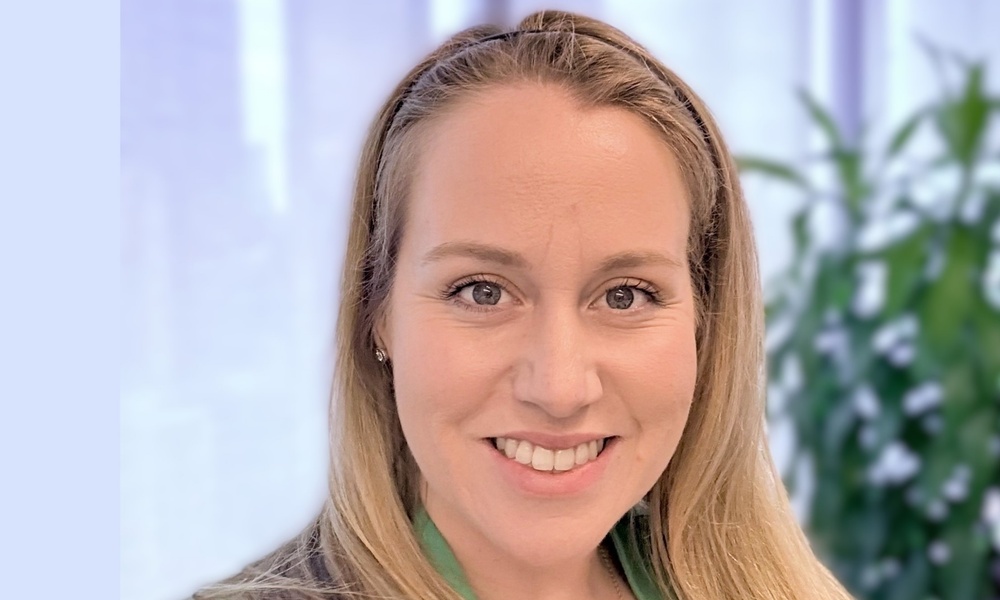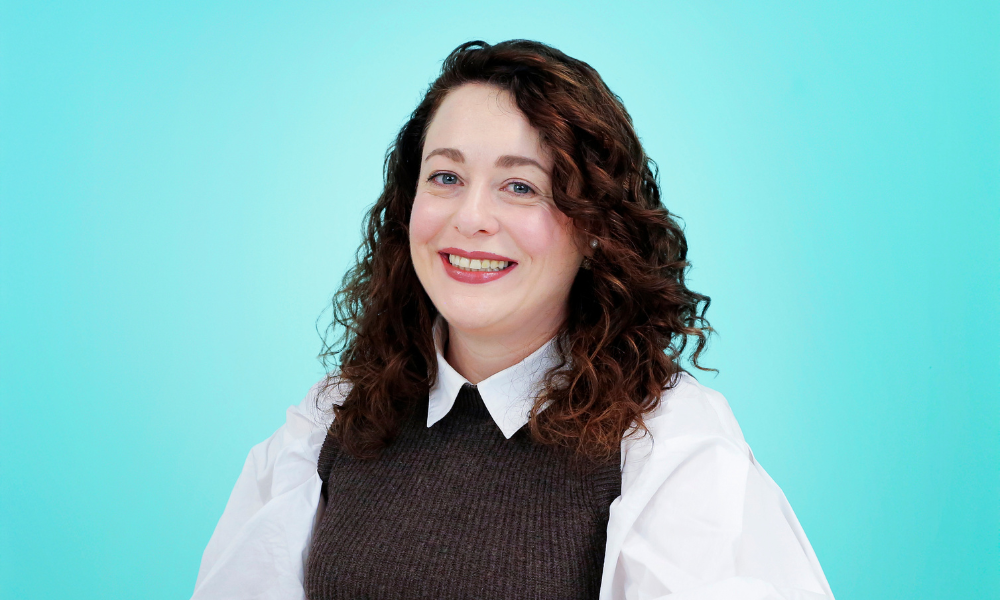A joint publication by CPA Canada and the American Institute of CPAs (AICPA) has highlighted that chartered professional accountants (CPAs) can help foster trust as privacy, bias, and misuse concerns rise amid the increasingly widespread adoption of artificial intelligence (AI).
“Confidence in AI isn’t just about easing public concern, it’s essential to reducing the risk of financial loss, regulatory penalties and reputational damage,” said Melissa Robertson, CPA Canada’s AI expert and co-author of the paper, in a press release. “These risks are especially high in Canada, where AI literacy ranks among the lowest in the world.”
The new paper – titled “Closing the AI trust gap: The role of the CPA in AI assurance” – discusses why trusted oversight of AI is important and how CPAs can apply their assurance knowledge, oversight models, standards, and professional judgment to boost confidence in AI systems among organizations.
“When there’s a gap between what people expect from AI and how it actually performs, trust quickly erodes,” Robertson said.
In its press release, CPA Canada noted that CPAs already use independent assurance and compliance frameworks that seek to:
- give clients and regulators peace of mind, through third-party validation, that complex systems are built and running as intended
- evaluate key technologies, including human resources platforms, financial systems, and cloud-based storage services
- tackle high-risk areas like security, privacy, and reliability
CPA tools
“We have well-established processes, professional standards and tools to ensure quality,” Robertson said in the press release. “As a regulated profession grounded in trust, CPAs bring the skills, oversight and objectivity that AI systems demand.”
In its news release, CPA Canada noted that CPAs utilize established auditing practices and tools such as the system and organization controls (SOC) suite of services when conducting assessments.
“Most organizations already rely on SOC reports to validate their systems,” Robertson said. “Now we’re seeing growing demand from major players for the same level of assurance around AI.”
CPA Canada’s news release emphasized that independent assurance, which CPAs already use in critical areas, can also help foster organizations’ trust in AI systems.
“Today, many CPA firms are still exploring AI assurance as a service—tomorrow, they’ll be delivering it,” Robertson said.
In its news release, CPA Canada said its new joint publication with AICPA aims to benefit business leaders, regulators, and technology stakeholders interested in learning more about practical and independent approaches to AI oversight.
CPA Canada and the AICPA previously published two papers before announcing this final part of its artificial intelligence series. In a prior report, the organizations cautioned that Canada could fall behind in terms of AI strategy as other countries act swiftly to adopt and incorporate AI.





